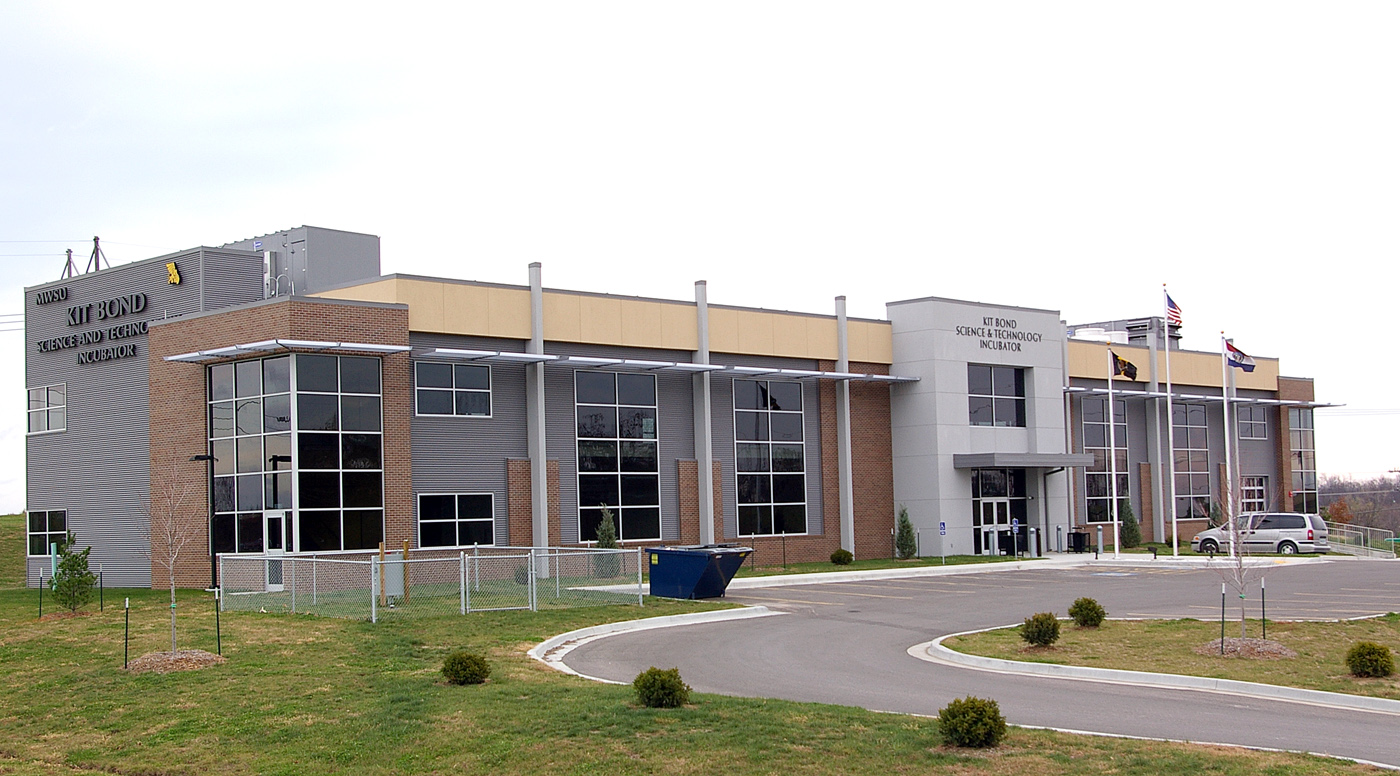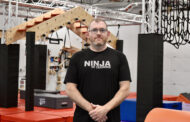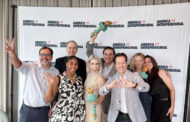When feeding the world, being proactive on animal health technology is vital, Ronan Molloy said.
“The reality is, its importance will only hit home when we have a significant event, like a swine flu,” Molloy, president of Innovation Stockyard, said. “Then all of the sudden people will say ‘Oh, why is my fillet now $40 dollars a pound?’ Unfortunately, this is reactionary when we should be up front about it.”
Fortunately, no one knows animal health like St. Joe.
The city has the highest concentration of animal health activity in the world, Molloy said, in part, because of Innovation Stockyard.
“There are a lot of incubators in the country, but there is nothing else specializing in animal health,” he said. “We wanted to use the resources of our environment to augment that.”
More than 65 percent of global animal health industry activity takes place along the corridor between Manhattan, Kansas, and Columbia, Missouri.
Located within the Christopher S. Kit Bond Science and Technology Incubator on the Missouri Western State University campus in St. Joseph, Innovation Stockyard is a 25,000 square foot business incubator specializing in this thriving industry. In addition to traditional office space, startups have access to wet lab space where they can partake in chemistry and biology.
The incubator has helped dozens of startups— more than 30 percent of which are international, with firms from Portugal, Australia and Canada, Molloy said.
“We’re pretty well-known globally,” Molloy said. “If you’ve got an idea on animal health, you’d be crazy not to run it by the Innovation Stockyard.”
The business incubator offers mentorship and assists startups in making strategic partnerships, evaluating their market and adhering to regulations. The process for animal health startups is much longer than most industries, Molloy said.
“This isn’t just an app. Startups aren’t here for a three- or six-month deal. It’s a multi-year approach,” Molloy said. “The reality is, we are working with veterinarians who want to see the data and the safety of the medicine startups want to apply, and that takes time … We aren’t just creating jobs for a bit, we’re looking to build technologies that will create 600 jobs over the next ten years, which is a broader scope.”
The animal health industry “feeds the world,” reiterating that its importance should not be overlooked, Molloy said.
“We vaccinate your dogs and keep them alive,” he said. “We are responsible for fish, chickens, pigs and cows. Basically, we feed the world and protect the food chain.”
Most investors don’t have the patience or risk tolerance for the regulatory pathway required for animal health startups, he added. Molloy would like to see groups of investors put $3 million or $4 million aside to invest in about eight startups, he said.
Although Innovation Stockyard specializes in animal health, startups from other sectors are welcome, Molloy said. The incubator has seen such industries as advertising, energy, ag tech and others
Innovation Stockyard established a partnership with Digital Sandbox KC in June. Startups affiliated with Innovation Stockyard now have the opportunity to receive a grant up to $25,000 to complete a proof-of-concept project.
Since its launch in 2013, the Digital Sandbox has worked with more than 400 entrepreneurs and startups across the Kansas City metro. In addition to Kansas City and St. Joseph, the program previously established partnerships with the cities of Olathe, Kansas and Independence, Missouri.




































